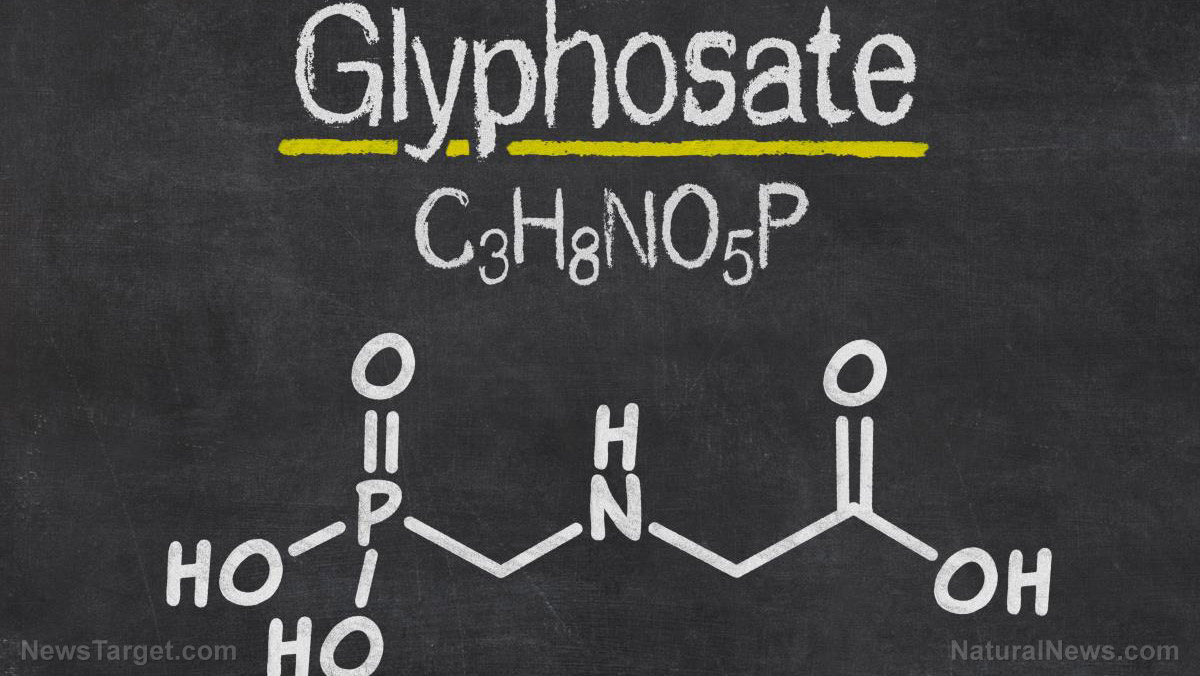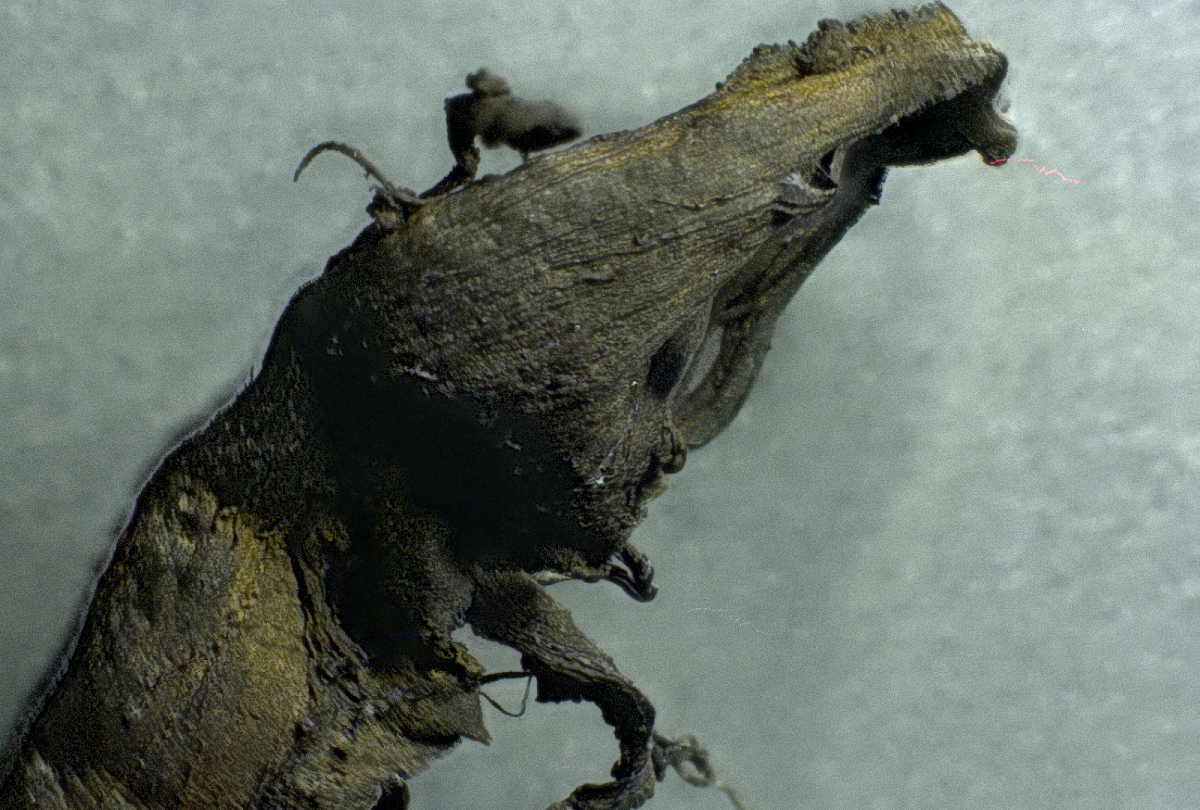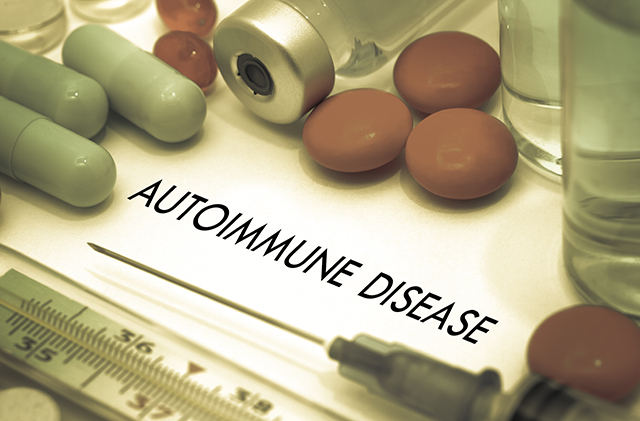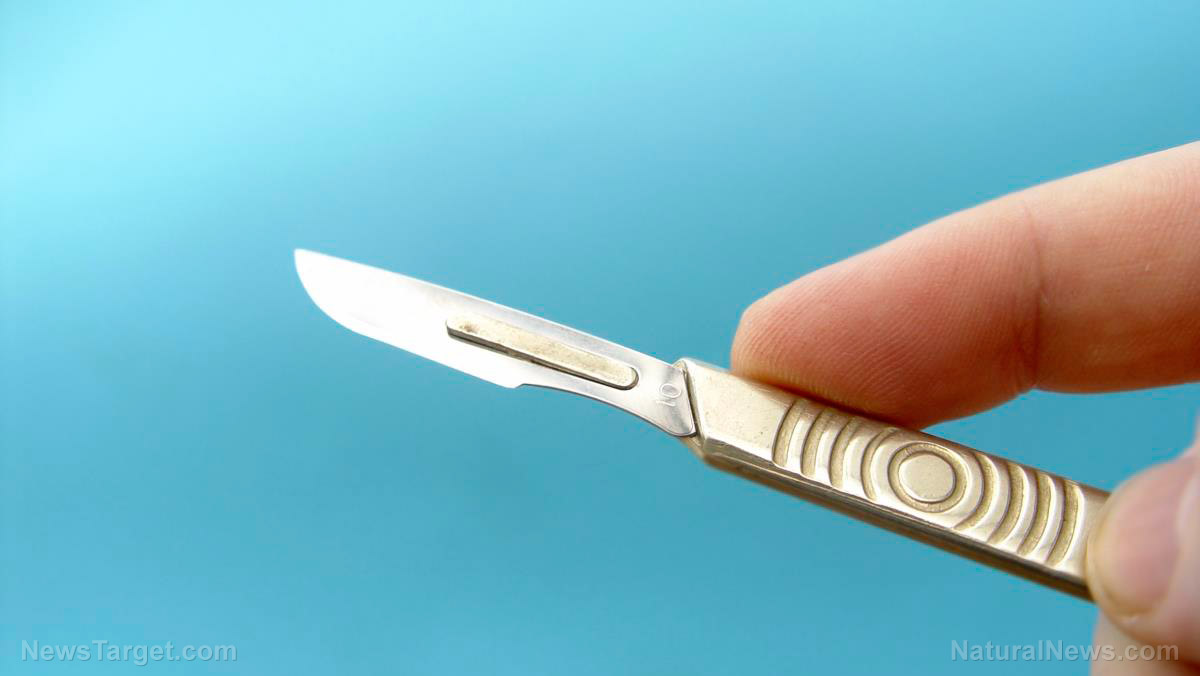Study explains how a chemical from Japanese cornel may help treat Alzheimer’s disease
12/18/2020 / By Evangelyn Rodriguez

Cornus officinalis, also known as Japanese cornel, is a medicinal plant native to China, Japan and South Korea. Well-known in traditional medicine, the fruit of this small tree, in particular, is used for its analgesic, diuretic and anti-diabetic properties. According to studies, the active components of Japanese cornel can inhibit the activity of a-glucosidase, the enzyme that breaks down carbohydrates into glucose; enhances insulin secretion; and protects pancreatic beta cells — the cells responsible for producing insulin — from damage caused by inflammation.
But that’s not all Japanese cornel can do. In a recent study, Chinese researchers reported that the plant also shows promise as a treatment for Alzheimer’s disease. Specifically, a compound called iridoid glycoside isolated from Japanese cornel showed neuroprotective effects, as well as the ability to reduce the accumulation of tau aggregates, which is a hallmark of Alzheimer’s.
The researchers reported their findings in an article published in the Journal of Natural Medicines.
Compound in Japanese cornel can reverse memory impairment and reduce tau aggregation
Tau oligomers are said to be one of the main contributors to Alzheimer’s disease. Tau is a neuron-specific protein that regulates the stability of microtubules — the small tubes that form part of the cytoskeletal structure of neurons. Microtubules are critical for synaptic plasticity, or the ability of neural connections to change, which is at the core of learning and memory.
However, the accumulation of abnormal tau aggregates is toxic to brain cells and correlates strongly with the loss of neurons. In particular, small tau oligomers are the most toxic aggregate species, according to studies. (Related: This neuron-killing protein travels from the gut to the brain by hijacking a nerve.)

To investigate the mechanisms behind the effects of Japanese cornel iridoid glycoside (CIG) on tau oligomers and cognitive function, the researchers injected wortmannin (WM) and GF-109203X (GFX) into the two largest ventricles of the brains of rats to induce tau oligomer formation and impair their memory. WM is an inhibitor of PI3K, an enzyme involved in synaptic plasticity, while GFX is an inhibitor of protein kinase C, an enzyme involved in learning and memory.
The researchers found that memory-impaired rats given either 60 or 120 mg/kg body weight CIG daily for 14 days performed much better in the Morris water maze test than untreated rats. CIG also restored the expression of synaptic proteins, such as presynaptic p-synapsin, synaptophysin and postsynaptic density-95 (PSD-95), whose levels have been reduced in the brains of rats by WM/GFX treatment.
In addition, CIG reduced the accumulation of tau oligomers in the animals’ brains, as well as in cells transfected with glycogen synthase kinase-3B (wtGSK-3B). The activation of this enzyme is believed to be responsible for the memory deficits associated with old age as well as Alzheimer’s disease. CIG also increased the levels of autophagy-related genes (ATG7, ATG12, Beclin-1 and LC3II), suggesting that CIG can restore autophagy function.
Autophagy is the natural process by which cells get rid of unnecessary or damaged components. Multiple studies suggest that impairment of the autophagy process occurs in early-stage Alzheimer’s disease. But because of the health benefits linked to autophagy, researchers believe agents that can modulate this process are promising treatments for neurodegenerative diseases like Alzheimer’s.
Based on these findings, the researchers concluded that CIG from Japanese cornel can ameliorate memory deficits and regulate memory-associated synaptic proteins by clearing tau oligomers via the restoration of autophagy.
Sources include:
Submit a correction >>
Tagged Under:
alternative medicine, Alzheimer's disease, brain function, brain health, cognitive function, cognitive health, Japanese cornel, natural cures, natural medicine, phytonutrients, plant medicine, remedies, research, tau oligomers
This article may contain statements that reflect the opinion of the author




















